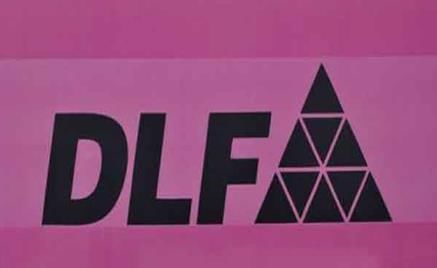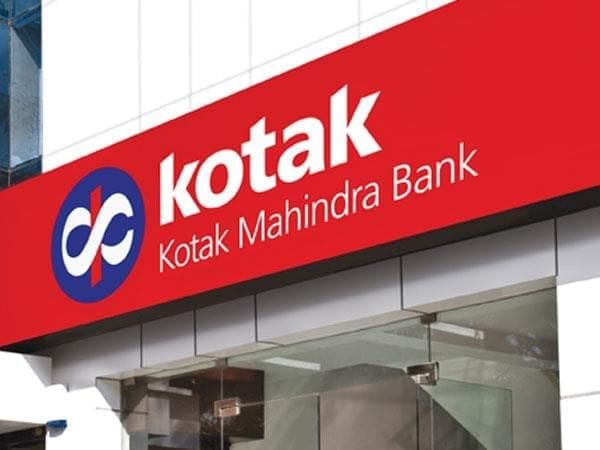Major Legal Judgements for Contract/Civil Law 2024-2025 | Legal Reasoning for CLAT PDF Download
1. Barakhamba Properties Pvt. Ltd. v. DLF Universal Ltd.

Date of Judgment/Order: 14.11.2024
Bench Strength: Three Judges
Composition of Bench: Chief Justice D.Y. Chandrachud, Justice J.B. Pardiwala, and Justice Manoj Misra
Case In Brief:
- Barakhamba Properties signed an agreement with DLF Universal to buy commercial office space, paying 90% upfront.
- DLF delayed handing over the property by over two years, citing construction delays due to regulatory approvals.
- Barakhamba filed a civil suit for specific performance or a refund with interest, alleging breach of contract.
- The High Court ordered a refund without interest, prompting an appeal to the Supreme Court.
Verdict:
- The Supreme Court ruled that DLF breached the contract by failing to deliver on time.
- It ordered specific performance, directing DLF to hand over the property, or a full refund with 9% interest if delivery wasn’t possible.
- The Court emphasized protecting buyers from unfair delays, making it a landmark case for consumer rights in real estate.
Relevant Provision:
- Section 55 of the Indian Contract Act, 1872 – Failure to perform a contract within the agreed time makes it voidable at the other party’s option.
- Specific Relief Act, 1963, Section 10 – Courts may enforce specific performance when monetary compensation is inadequate.
- Section 73 of the Indian Contract Act, 1872 – Compensation for loss caused by breach, including interest.
2. Reliance General Insurance Co. Ltd. v. Rakesh Kumar

Date of Judgment/Order: 09.09.2024
Bench Strength: Two Judges
Composition of Bench: Justice Hrishikesh Roy and Justice Pankaj Mithal
Case In Brief:
- Rakesh Kumar insured his warehouse with Reliance General Insurance, which was destroyed in a flood.
- The insurer rejected the claim, alleging Rakesh didn’t disclose the warehouse’s flood-prone location, breaching the principle of utmost good faith.
- Rakesh filed a civil suit, arguing the non-disclosure was unintentional and the insurer’s rejection was unfair.
- The High Court ruled in favor of Reliance, leading to an appeal that gained media attention due to frequent insurance disputes.
Verdict:
- The Supreme Court held that insurance contracts require full disclosure, but minor, non-material omissions don’t void the policy.
- It found Rakesh’s non-disclosure immaterial and ordered Reliance to pay the claim with 7% interest.
- The ruling, widely covered, stressed fair treatment of policyholders in insurance contracts.
Relevant Provision:
- Section 45 of the Insurance Act, 1938 – A policy cannot be challenged after two years unless fraud or material misrepresentation is proven.
- Section 17 of the Indian Contract Act, 1872 – Fraud includes intentional non-disclosure of material facts affecting the contract.
3. Sanjay Gupta v. Bharat Heavy Electricals Ltd. (BHEL)
Date of Judgment/Order: 20.02.2025
Bench Strength: Two Judges
Composition of Bench: Justice B.V. Nagarathna and Justice N. Kotiswar Singh
Case In Brief:
- Sanjay Gupta contracted with BHEL to supply electrical components for a power plant project.
- The contract had a liquidated damages clause for delays, but Sanjay faced supply chain issues due to a global shortage and couldn’t deliver on time.
- BHEL withheld payment and imposed heavy penalties, which Sanjay challenged as excessive in a civil suit.
- The High Court upheld the penalties, leading to an appeal that drew media focus due to BHEL’s public sector status.
Verdict:
- The Supreme Court ruled that liquidated damages clauses are valid only if they represent a reasonable estimate of loss.
- It reduced the penalties, finding them disproportionate, and ordered BHEL to pay Sanjay after deducting fair damages.
- The decision, widely reported, highlighted fairness in enforcing penalty clauses.
Relevant Provision:
- Section 74 of the Indian Contract Act, 1872 – For breach with a named penalty, the affected party gets reasonable compensation, not exceeding the penalty.
- Section 73 – Compensation for loss or damage due to breach of contract.
4. Anjali Verma v. Prestige Developers
Date of Judgment/Order: 10.05.2025
Bench Strength: Two Judges
Composition of Bench: Justice Abhay S. Oka and Justice Augustine George Masih
Case In Brief:
- Anjali Verma booked a flat with Prestige Developers, paying 85% upfront as per the agreement.
- The developer failed to deliver the flat on time and demanded extra charges for alleged cost escalations.
- Anjali filed a civil suit for specific performance or a refund with interest, citing breach of contract.
- The High Court ordered a refund without interest, leading to an appeal that gained attention due to widespread real estate issues.
Verdict:
- The Supreme Court ruled that Prestige breached the contract by delaying delivery and demanding unauthorized charges.
- It ordered a full refund with 8% interest or specific performance if feasible, reinforcing buyer protections.
- The judgment, widely covered, became a benchmark for real estate disputes.
Relevant Provision:
- Section 55 of the Indian Contract Act, 1872 – Failure to perform a contract within the agreed time makes it voidable.
- Specific Relief Act, 1963, Section 10 – Specific performance can be ordered when monetary relief is insufficient.
- Section 73 of the Indian Contract Act, 1872 – Compensation for breach, including interest for financial loss.
5. Kotak Mahindra Bank v. Sunil Mehta

Date of Judgment/Order: 25.07.2025
Bench Strength: Three Judges
Composition of Bench: Justice Sanjay Karol, Justice Hrishikesh Roy, and Justice R. Mahadevan
Case In Brief:
- Sunil Mehta took a loan from Kotak Mahindra Bank for his business, secured by a mortgage agreement.
- He defaulted on repayments, and the bank initiated recovery proceedings, seizing the property without proper notice.
- Sunil challenged the seizure in a civil suit, arguing the bank breached the contract’s notice clause.
- The High Court ruled in favor of the bank, but the case, widely reported due to banking disputes, reached the Supreme Court.
Verdict:
- The Supreme Court held that the bank’s failure to provide proper notice violated the contract terms.
- It set aside the seizure, ordering the bank to follow due process and compensate Sunil for losses due to premature action.
- The ruling, extensively covered, underscored procedural fairness in loan recovery.
Relevant Provision:
- Section 37 of the Indian Contract Act, 1872 – Parties must perform their contract obligations unless excused by law.
- Section 73 – Compensation for loss due to breach of contract.
- Securitisation and Reconstruction of Financial Assets and Enforcement of Security Interest Act, 2002, Section 13(4) – Requires proper notice before asset seizure.
|
65 videos|181 docs|38 tests
|
FAQs on Major Legal Judgements for Contract/Civil Law 2024-2025 - Legal Reasoning for CLAT
| 1. What are the key elements that make a contract legally binding? |  |
| 2. How can a party enforce a contract in case of breach? |  |
| 3. What is the significance of consideration in a contract? |  |
| 4. What are the common defenses against the enforcement of a contract? |  |
| 5. How do courts typically interpret ambiguous terms in a contract? |  |




















